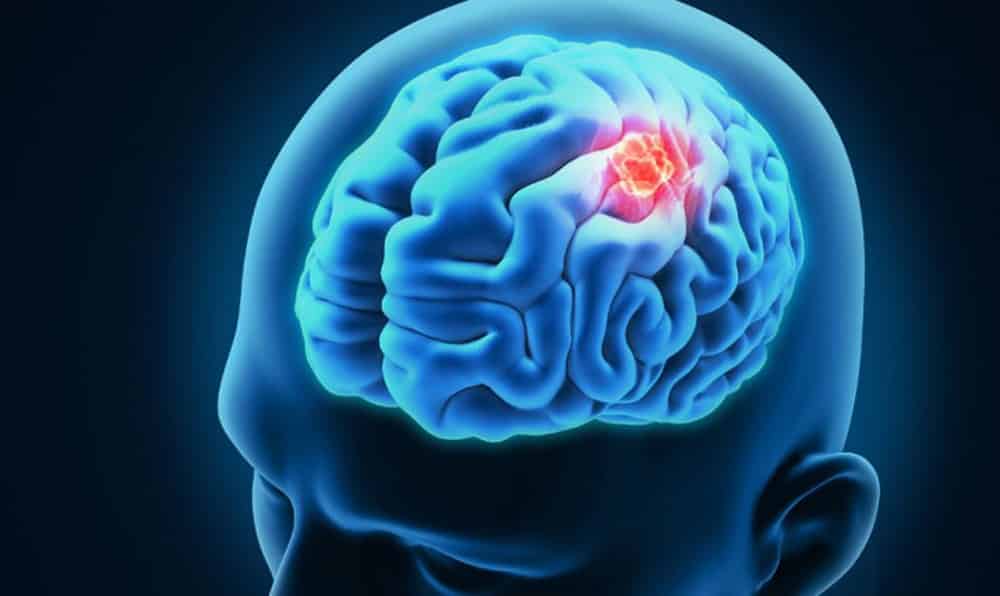Biomarkers Could Help Predict Recurrence of Malignant Brain Tumor
Glioblastoma (GBM) is a highly aggressive brain cancer and accounts for 46.6% of primary malignant brain tumors with a 5-year overall survival estimate post-diagnosis of 5.5%. The WHO histomorphology and grading classification of diffuse gliomas does not have predictive clinical outcomes after GBMs have developed.
Treating initially lower-grade glioma (LGG) that relapses and undergoes malignant transformation to GBM is one of the greatest challenges in neuro-oncology. To date, despite the efforts of the neuro-oncology community, no treatment regimens or bona fide biomarkers that significantly translate into a survival benefit to GBM patients have been identified.
Now, scientists led by the Henry Ford Health System’s Department of Neurosurgery and Department of Public Health Sciences in Michigan, found that 9.5 percent had a distinct epigenetic alteration at genomic sites that are active in regulating genes associated with aggressive tumors that include glioblastoma.
The group carried out an evaluation of 200 brain tumor samples from 77 patients with diffuse glioma harboring IDH mutation, the most important assortment of main and recurrent gliomas from the identical sufferers to date. Comparing samples from the sufferers’ preliminary analysis with these from their illness recurrence, researchers targeted, particularly, on a definite epigenetic modification occurring alongside the
DNA phase, a course of referred to as DNA methylation.Previously, their analysis confirmed that when there was no change within the DNA methylation, sufferers had an excellent medical consequence. When the DNA methylation was misplaced, sufferers had a poor end result.
In this newest research, the authors have been in a position to determine a set of epigenetic biomarkers that may predict, at a affected person’s preliminary analysis, which tumors are probably to recur with a extra aggressive tumor sort.
Houtan Noushmehr, Ph.D., Henry Ford Department of Neurosurgery, Hermelin Brain Tumor Center, and senior author of the study, says this discovery could make a huge difference when a patient is first diagnosed. “To date, we really don’t have any predictive clinical outcomes once a patient is diagnosed with glioma. By pinpointing these molecular abnormalities, we can begin to predict how aggressive a patient’s recurrence will be and that can better inform the treatment path we recommend from the very beginning.”
Of the 200 tissue samples, 10% were found to have a distinct epigenetic alteration at genomic sites known to be functionally active in regulating genes that are known to be associated with aggressive tumors such as glioblastoma.
“This research presents a set of testable DNA-methylation biomarkers that may help clinicians predict if someone’s brain tumor is heading in a more or less aggressive direction, essentially illustrating the behavior of a patient’s disease,” says James Snyder, D.O., study co-author and neuro-oncologist, Henry Ford Department of Neurosurgery and Hermelin Brain Tumor Center. “If we can identify which brain tumors will have a more aggressive course at the point of initial diagnosis then hopefully we can change the disease trajectory and improve care for our patients.”






























